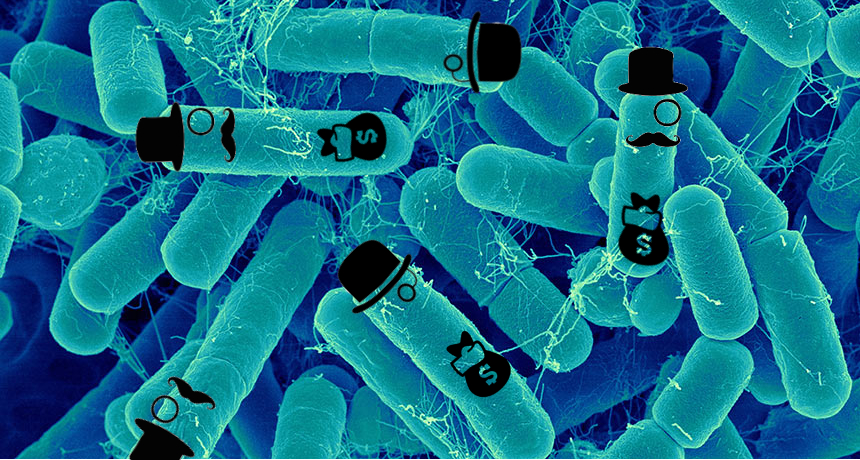It seems there are quite a number of inequalities these days—there’s social inequality, gender inequality, and then the latest–and probably the most unusual–there’s actually microbiome inequality. Wait, what?
Before you get a chance to Google it, microbiome is a collection of tiny organisms that your body needs in order to stay healthy and live longer. These microbes can have a direct impact on your overall health, and one study from the US says that your access to these good or bad microbes have a direct relationship to your social status and way of life.

A new essay published in PLOS Biology talks about how human microbiomes are immensely correlated with social and economic inequities. The lead author of the essay, Suzanne Ishaq, an assistant professor from the University of Maine, opens the discussion on microbial health and if it should be considered by governments and prevailing laws as a basic human right of every individual.
“The diet that you eat and your lifestyle can have dramatic impacts on the gut microbes that you recruit and the benefits or the negatives that you derive from them. If you don’t even have access to a good healthy diet, you might be suffering the effects of not having those beneficial microbes and products in ways you might not have imagined,” says Ishaq in an interview.
The study’s straightforward, if you really think about it. If you have money, you have access to cleaner environments and healthier foods, as compared to those who do not. Those living in posh subdivisions and condominiums and eating whole organic, gluten-free foods get to take in good microbes, unlike those living in poor communities where diseases thrive and cheap processed foods are the staple in dinner tables. Life’s still pretty unfair even at the microbial level.
It’s for this reason that Ishaq and her colleagues are raising the question: should access to healthy microbiomes be considered as a human right or a legal obligation that your government should address and respond to?
“It tends to be people that weren’t even involved with polluting water or growing too much food or pouring chemicals everywhere that end up being the ones that have to deal with these microbial-related problems,” she explains.
For as long as all the other inequalities that we live through everyday remains unaddressed, it could be quite a while before microbiome equality can even be considered. But in essence, microbial health is a direct effect of your financial status in life. So to say that you are actually buying healthy tiny living organisms for your body is not only true, but also quite expensive. /InqPOP!/ANA/VT


